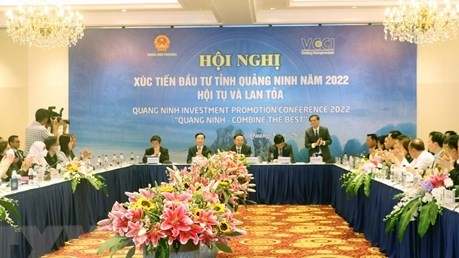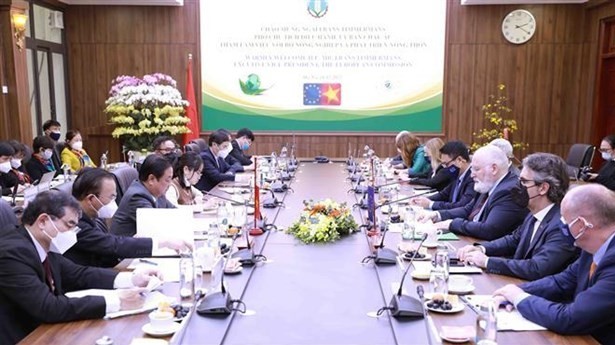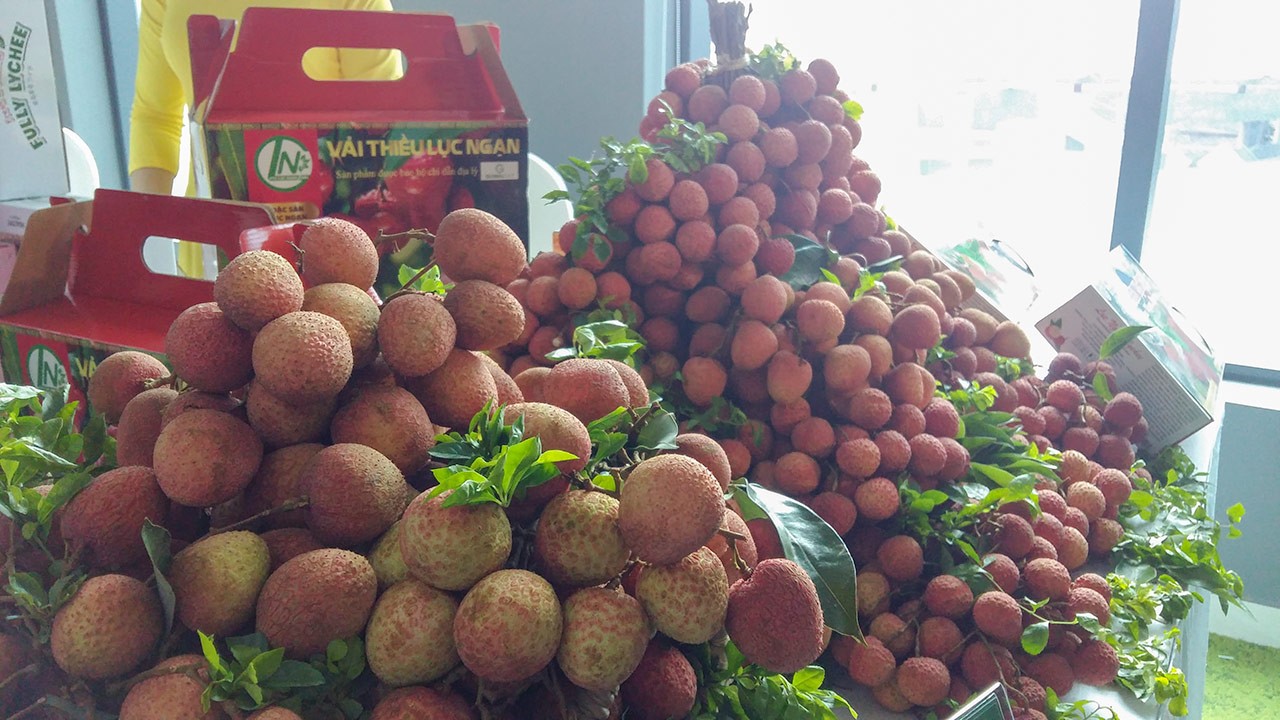
Vietnamese goods entering EU not straightforward under EVFTA
Latest
| TIN LIÊN QUAN | |
| Digital economy hoped to make up 20 percent of GDP by 2025 | |
| Vietnam enhances trade remedy capacity in anticipation of EVFTA | |
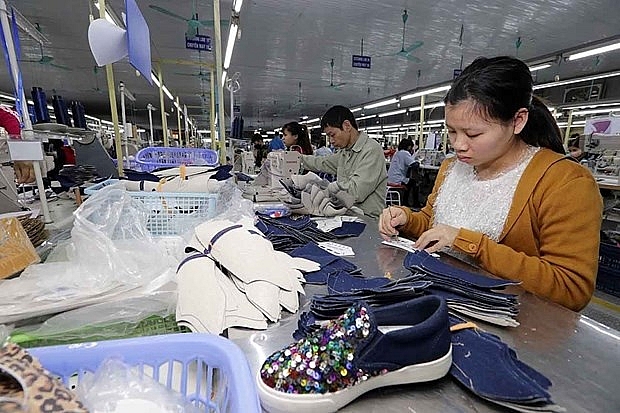 |
| In the EVFTA, the two sides commit to eliminating 99 percent of import tariffs on each other’s goods within seven years in the EU and 10 years in Vietnam. (Photo: VNA) |
The European Parliament ratified the EVFTA on February 12 and Vietnam’s National Assembly did likewise on June 8. The pact is expected to take effect in August.
Following the agreement being ratified in Vietnam, EU Trade Commissioner Phil Hogan wrote on Twitter: “This deal will increase opportunities & cooperation between us, create jobs, drive investment & improve standards. With the right rules, trade can benefit everyone.”
The two sides commit to eliminating 99 percent of import tariffs on each other’s goods within seven years in the EU and 10 years in Vietnam.
The Southeast Asian country pledges to remove 48.5 percent of tariff lines on EU goods immediately when the deal comes into force, 58.7 percent within three years, 79.6 percent within five years, 91.8 percent within seven years, and 98.3 percent within 10 years. It is also set to abolish the majority of tariffs on exports to the EU within 15 years.
Despite considerable opportunities, an array of challenges is also awaiting Vietnamese goods on the road to the EU.
Quality standards are among such challenges.
| Read more |
 EVFTA creates new opportunities to boost trade ties with Czech Republic EVFTA creates new opportunities to boost trade ties with Czech Republic |
The EU will cut tariffs under the EVFTA but its technical standards remain unchanged, so Vietnamese products must meet these standards before entering the market.
EU countries have recently been in dire need of medical supplies, including face masks, to cope with the COVID-19 pandemic. Many Vietnamese enterprises are capable of producing a large quantity but their products are still unable to enter the EU since they only meet Vietnamese standards.
Talking about agricultural exports, Nguyen Canh Cuong, former Trade Counsellor of Vietnam in Belgium, said Europe has strict and regularly-updated regulations on the use of pesticides, and the rules often outpace research by chemical companies.
Whenever the EU revises its regulations, exporters must also change the pesticide types they use, thus raising production costs. If businesses do not comply with these regulations, their exports to the EU will be canceled or returned if violations are detected, he noted.
Pierre Groning from the German Chemical Industry Association said rules of origin may also be a challenge for small- and medium-sized enterprises in Vietnam.
They should proactively learn about and adhere to EU regulations so as to have their products’ origin certified in line with the EVFTA’s rules of origin, he recommended, noting that this could force them to make changes to both production processes and input materials.
Nonetheless, he went on, the agreement will also bring them rare opportunities to enhance their competitiveness and be innovative.
According to the Belgium-Vietnam Chamber of Commerce, companies will have to compete with one another not only in product quality and price but also in their understanding of the European market, especially technical and legal issues.
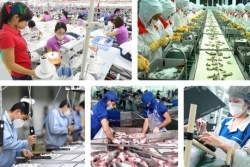
| Pathway for local businesses to benefit from EVFTA and EVIPA |
Chamber Chairman Huynh Trang Long pointed out that there are major differences between Vietnam and European countries in the use of commercial techniques.
He took payment methods as an example, saying that many Vietnamese businesses, both exporters and importers, make payments by telegraphic transfer, as this method is quite simple. Risks from this method may be negligible for Vietnamese enterprises in general but not for importers, as it may lead to disputes.
European enterprises often prioritize letters of credit for making payments, he said, suggesting Vietnamese companies consider doing likewise.
Long also recommended that local enterprises equip themselves with preventive measures since international trade always features unpredictable risks relating to geographical distance, transportation, and law.
Meanwhile, Cuong warned that companies that do not have sufficient risk assessment capacity could be coerced by partners, which may subsequently cause financial losses.
Without experts on EU law, he said, the risk of loss is quite high.

| Seminar calls for farm production, consumption link-ups within southern economic hub Localities in the Southern Key Economic Region need to enhance co-operation to develop safe agricultural areas and ensure consumption of safe food and farm produce, ... |

| HCM City pledges to implement Japanese ODA projects effectively Ho Chi Minh City has committed to coordinating closely with the Japan International Cooperation Agency (JICA) to effectively carry out projects using the Japanese Government’s ... |
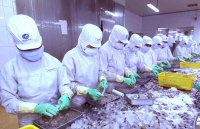
| Seafood sector urged to diversify products Diversifying products and adapting quickly to market fluctuations will help create growth momentum and remove difficulties for seafood exports, experts have said. |




